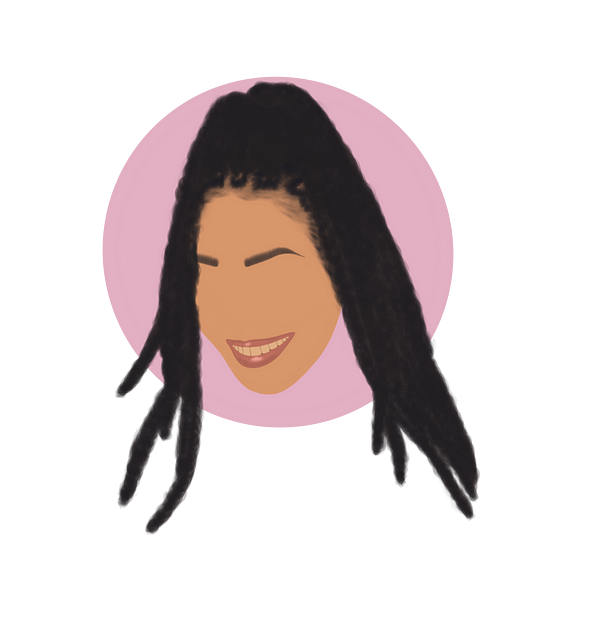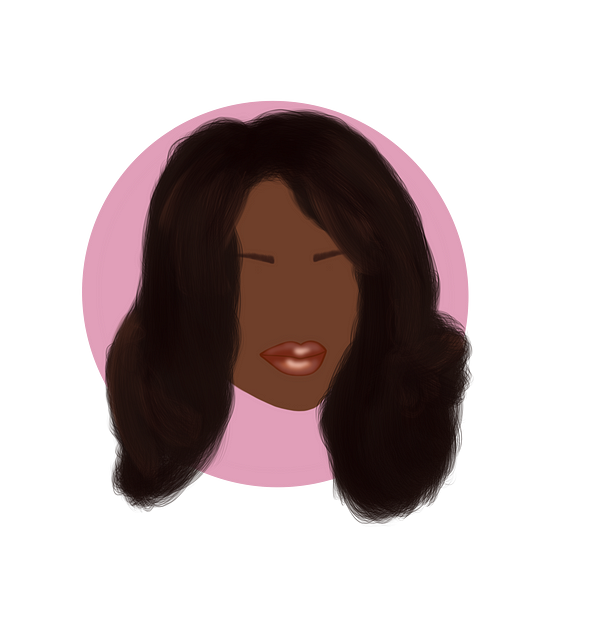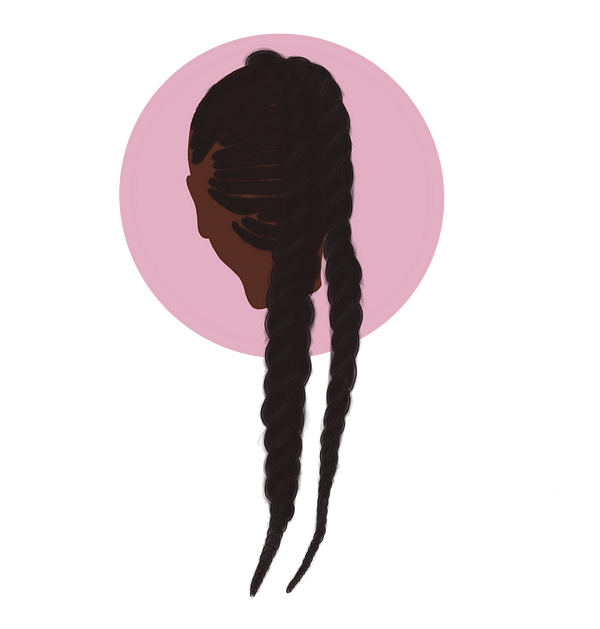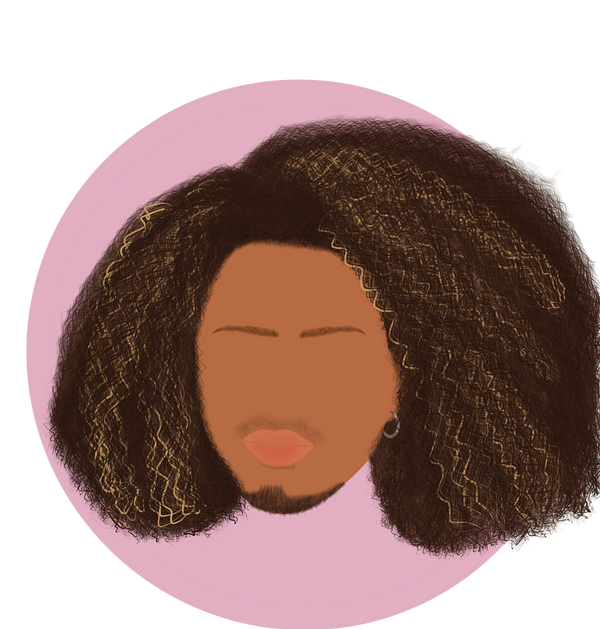Hair Pride in Bellingham
Zora’s Salon is proud to serve customers with all kinds of hair
Story by Rob Stanley


William Zayas prepares his hair with a rinse, shampoo, deep condition and gel application, before knocking on the door of Sloane, his 14-year-old neighbor who has a knack for braids.
Back home, he adds an olive oil spray and lays his hair down with a durag. After a brief wait, Zayas pulls off the durag to reveal a slick set of braids, followed by the sounds of his own laugh and a loud “ooo!”.
About two weeks later, he unravels his braids. Another shampoo and deep condition brings Zayas’ hair back to a springy, defined look.
He turns to TikTok, a video-driven social media platform, to post two videos showing pure joy and love for the process of getting his hair done. “It was just fun, you know? I just have a lot of fun doing it,” Zayas says. “I like being on the camera and I enjoy performing for people, whether it’s music or making funny videos.”
Seeing that his social media feed was filled with heavy content, Zayas wanted to put out “some resources and funny content, just some good, whole-hearted, wholesome stuff.”
Zayas produces head-bobbing house music under the moniker “Trillivm,” and on his way back from a panel on decolonizing the anthropology department at Western, decided on naming his 2019 album “Decolonizing House Music.”
“My first actual job was a barber,” Zayas said on a Zoom call. Now 27, he has been cutting his own hair since he was 12. He began cutting his friends hair when he was in high school, and had some of the same customers for seven years. “When I had people to cut, it was like therapy. We’d sit there and just talk it up.”
Frida Emalange, owner of Zora’s Styling Salon and Spa, shares a similar sentiment. “Doing hair is not about having a salon, it’s about the people,” said Emalange. “I know how important it is for kids to feel confident. For kids to grow and be confident, they need to feel good about their hair.”
Emalange has family in Bellingham, and on a trip to visit them from her home country, Cameroon, she noticed an absence of salons that could style Black hair textures. She saw the need and jumped at the opportunity to bring her culture to Bellingham.
Emalange opened up Zora’s in 2001. The salon, named for Emalange’s daughter, prides itself on serving customers of all hair types. Zora’s stylists cut, color, braid, dreadlock and cornrow.
While Emalange herself has not experienced discrimination for her hair, she mentioned a client who was sent home from work after she had dreadlocked his hair. “If that’s not discrimination, I don’t know what is,” said Emalange. “It shouldn’t matter what hair you wear, it should matter how you do your job.”
In March, Washington governor Jay Inslee signed into law House Bill 2602, an amendmentment to the Washington Law Against Discrimination that extends the term “race” to be inclusive of “traits historically associated or perceived to be associated with race, including, but not limited to, hair texture and protective hair styles.”


“A lot of people try and touch [my hair], which obviously I’m not an animal, you can not,” said Zayas, emphasizing consent. “You’ve got to respect my space, my body.”
In recent years, Emalange has become more selective with her clientele. “I want to help people who really need it,” said Emalange. She has white parents who come in with adopted children of color who need to have their hair done. “That’s why I’m here.”
Different hair textures require different care. There are two classifications, a number for the amount of wave/curliness and a letter which defines the width. Type 1 hair is straight, Type 2 wavy, Type 3 curly and Type 4 is coily. Zayas says his hair, for example, falls in between 3B and 3C.
Through her styling career, Emalange has made an effort to use natural, organic products, and has successfully produced her own line of beauty products, “Zorganics.” “Clients have come to trust me, I couldn’t go forward knowing I could cause long-term side effects,” said Emalange.
To many people, Zayas included, hair is a big part of who they are. Being able to express yourself with something you grew out of your own body is a unique source of pride.
